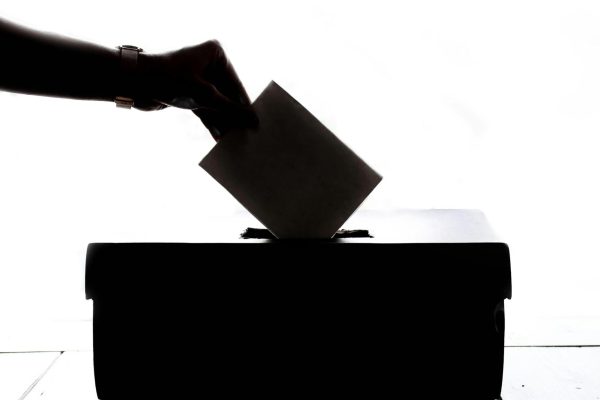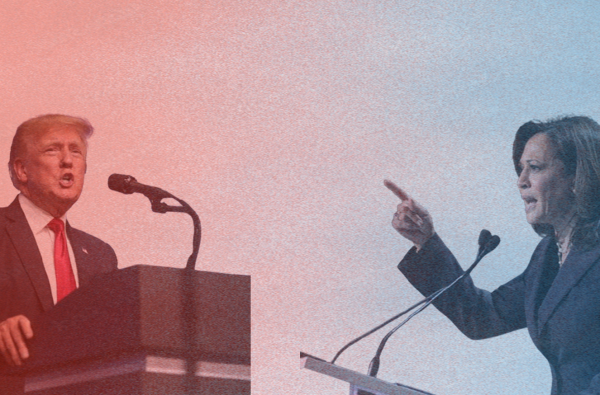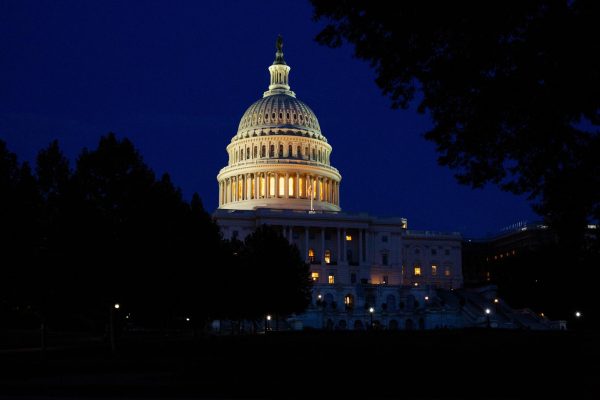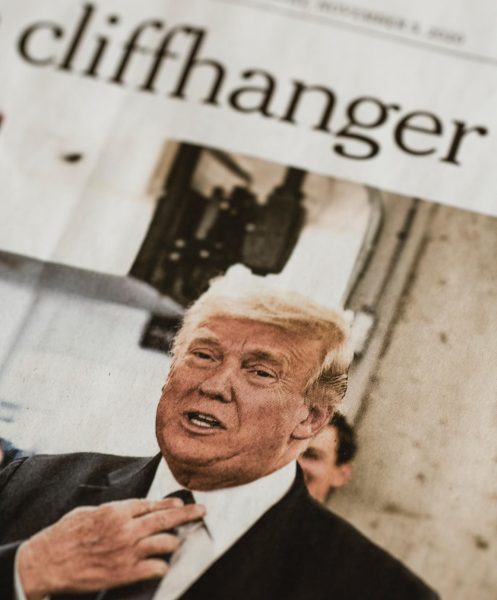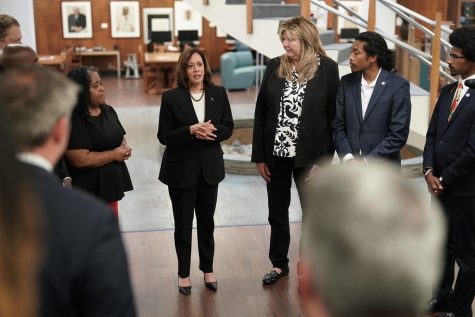The increase of mail-in voting this year
How will it affect the outcome of the election?

As of October 27th, only a week before the presidential election, over 64 million Americans have already casted their ballots. Over half of these votes are in primary battleground states – such as Texas, Florida and North Carolina – which may ultimately decide the fate of the electoral college.
According to the United States Elections Project, around 46% of the total votes in the 2016 presidential election have already been casted this year through early voting. Early voting records have been broken nationwide, specifically due to the coronavirus pandemic, with many states around the country altering voter rules to make voting more accessible. This has resulted in millions of people around the country having already voted – either mail-in or early in person – in order to prevent the rush of voters on election day itself.
Along with the fear of COVID-19, another reason for this significant voter turnout is due to the actions of President Trump, for individuals both for and against him. Specifically, Democratic voters have hit record-high levels this year, even in battleground states: out of five battleground states that record registration, over two million more registered Democrats have voted than registered Republicans. In Pennsylvania, a battleground state that Trump won in 2016, three times as many Democrats have voted than Republicans.
However, with this increase in early voting comes a concern about potential voter fraud as well. President Donald Trump has voiced his opinion on how he believes mail-in voting is more vulnerable to widespread fraud, and how the large increase in early voting this year may be benefiting his opponent Joe Biden. In early September, Donald Trump even encouraged his supporters to vote twice via Twitter – both mail-in and in person on election day.
Is this concern for voter fraud alongside early and mail-in voting legitimate? Currently, that is a highly debated question.
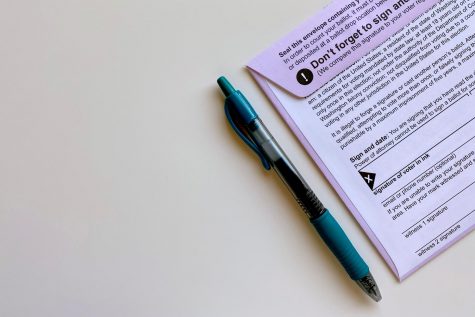
In states such as Georgia, some violations of voting regulations have already been proven to occur. During the state primaries, the Georgia top election official announced how over 1,000 voters could have potentially double voted, showing up to the polls after participating in mail-in voting. Although all of the cases of attempted double voting were caught and individuals involved were charged, it still raised much concern within the region.
In California, there were reported cases of unofficial ballot boxes placed throughout at least four different counties in the state: Los Angeles, Ventura, Orange and Fresno. In fact, a California Republican Party official even posted on social media with one of these ballot boxes, suggesting how they should be placed in more “convenient locations” for voters to reach. Not only does this put voter security in jeopardy, but it is illegal as well. Setting up these unauthorized boxes is a felony, and could result in consequences as large as 2-4 years in prison. It is necessary that ballot boxes are authorized by county officials to guarantee that every vote is secure and no ballots have been tampered with.
Even in Fairfax County, there have been examples of potential voting disruptions. Up to 1,000 people who had requested mail-in ballots this year have received two of them, presumed to be a mistake within the labeling process. However, this issue should not raise concern about voter fraud, suggests Fairfax County Elections Director Gary Scott. “If a second ballot comes back when we scan it in, the system is going to tell us we’ve already had a returned ballot, so that second ballot would be set aside and voided,” he says.
Although Donald Trump and other political officials may be worried about the integrity of votes in this election, specifically with the drastic increase of mail-in and early voting this year, fraudulent voting overall does not pose a large threat. Five states have already adopted universal mail-in voting this year – including Colorado, Hawaii, Oregon, Washington and Utah – and have found little to no potential acts of voter fraud so far. Statewide and local governments are doing everything in their power to limit any violations of voting regulations, and even with the undesirable circumstances this year, to make this election as fair and just as possible.




